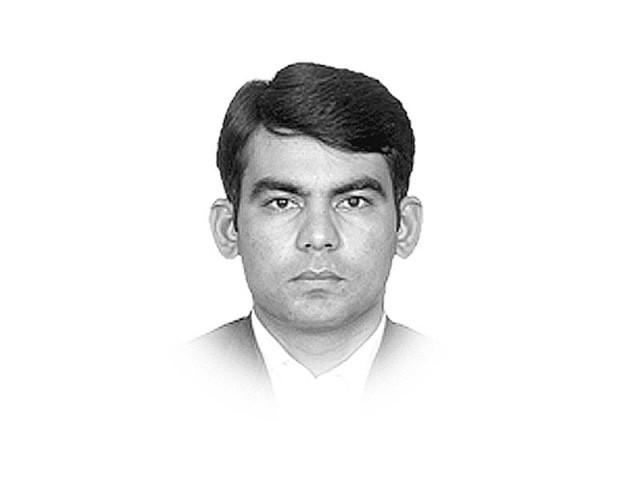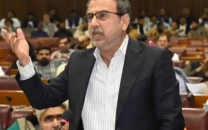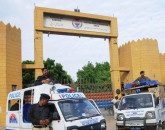Is the state abdicating social responsibility?
Govt today still resides in the 18th century where it wants to retrieve everything from citizens

The government of the day still resides in the 18th century where it wants to retrieve everything from the citizens but not willing to live up to their responsibilities. About two years ago, our brethren from the tribal areas sacrificed their homes, peace of mind and the economic well-being for the future of our nation. They left their homes and started living in makeshift camps so that the military could purge the extremist elements from their safe havens.
The state had taken the responsibility of over 300,000 families that left their homes. A Temporarily Displaced Persons (TDPs) Fund was set up with an allocation of Rs100 billion in the last fiscal year. The hope and assumption was that these displaced people would be taken care of.
But the government appeared to be passing on the buck when it introduced the one-time Super Tax on the rich in the names of displaced persons, in June last year.
Instead of promptly approving development schemes for the TDPs, with the money collected from the rich, all of last year was wasted on the supposed completion of procedural formalities. Then the military jumped in. It sidelined the civilian setup on May 30 of this year when the National Economic Council approved a Special Fata Committee, which will be headed by a three-star military general to swiftly approve projects.
For the next fiscal year, the government has again proposed to extend the super tax, contrary to the promise of charging the tax for only one year. The extension of the super tax is punitive for large taxpayers. The social service, which is the responsibility of the state, has been made a burden on the rich.
Imposing a four per cent special one-time levy on profits of banks and three per cent on all other companies and individuals earning Rs500 million or more annually, may be justified. But this leaves us with a question: is the state absolving itself from its social responsibility? Are these over 300,000 families not the responsibility of the state?
The government is collecting the tax in the name of the TDPs but 45 per cent of Rs100 billion of total TDPs Fund will go to the security establishment.
Despite collecting the special tax, the development in war-torn areas remains far below the desired level. A significant number of the displaced families still live in camps and are dependent on the state for meeting even their basic needs.
The Ministry of States and Frontier Regions has been making noise about the delay in the release of TDPs funds and its implications on the displaced families. Despite collecting billions from the rich in the name of the poor, there is no significant impact on the lives of these people.
The government must come up with a more viable plan to help stabilise the displaced. Many of the people affected by the war on terrorism were financially sound before the calamities struck. The state must comprehend all the details and facts and come to their rescue immediately.
Published in The Express Tribune, June 16th, 2016.


















COMMENTS
Comments are moderated and generally will be posted if they are on-topic and not abusive.
For more information, please see our Comments FAQ